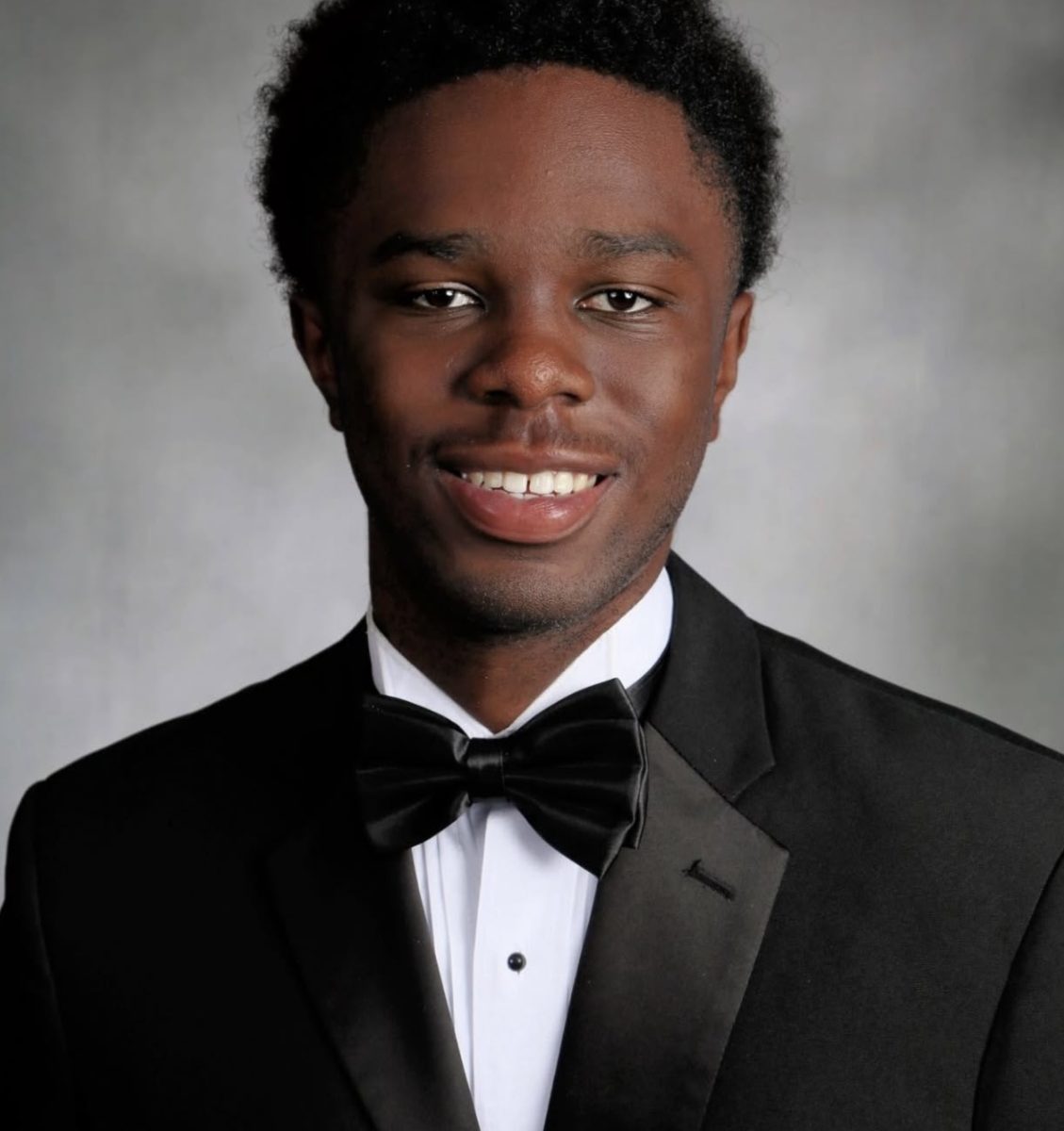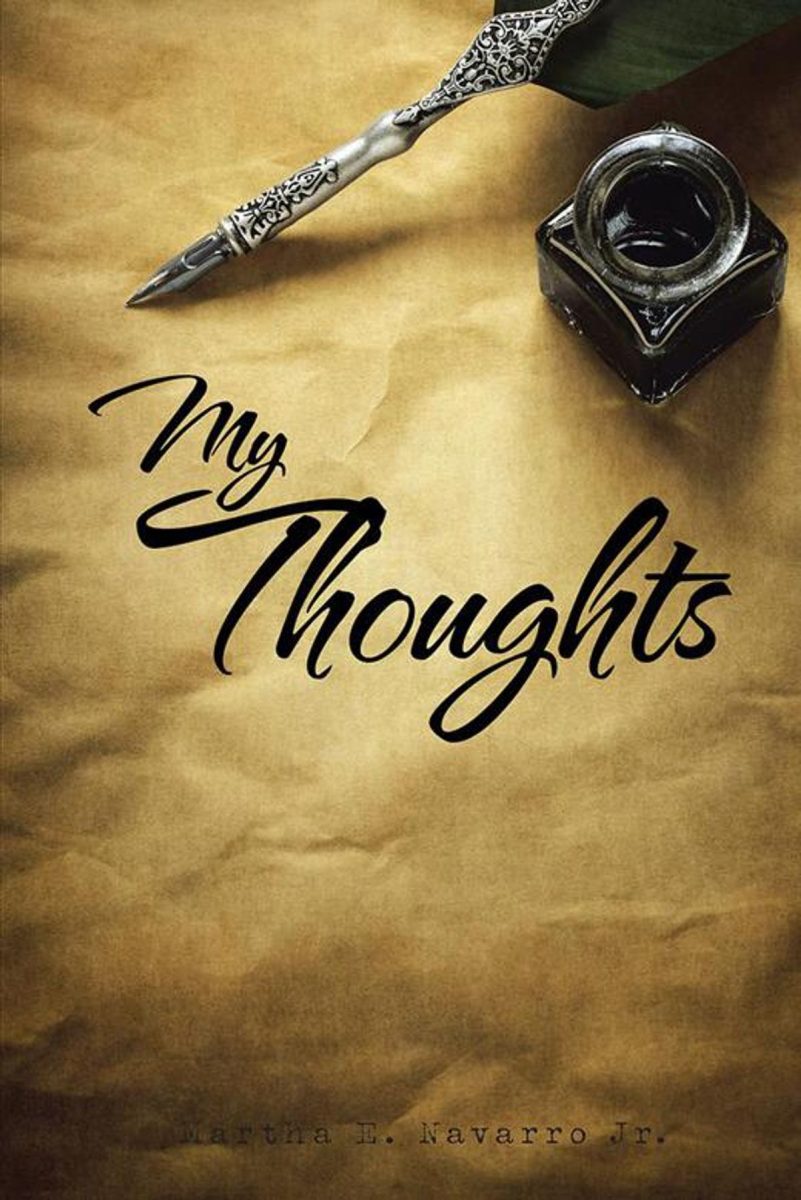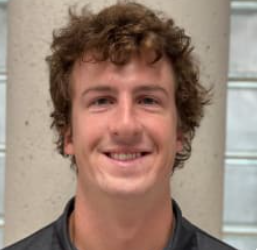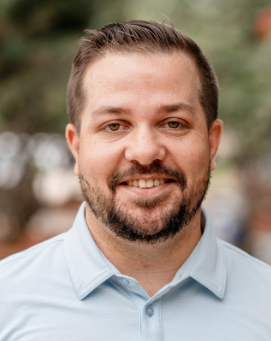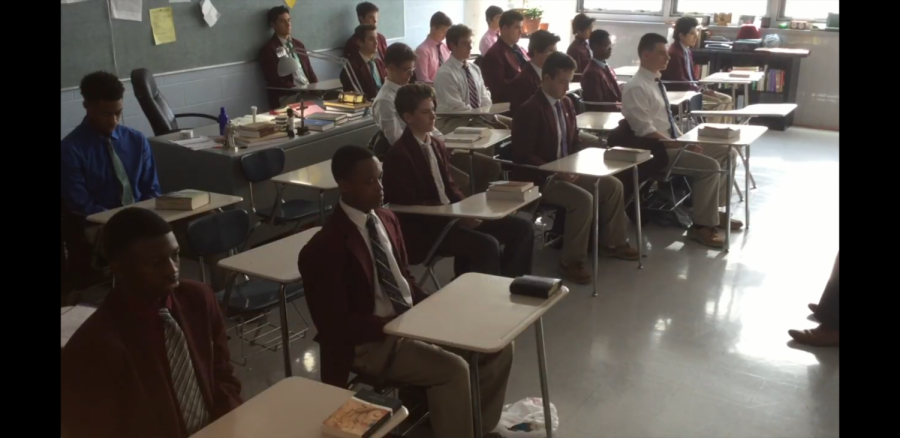Class meditation challenges students to clear their minds
April 24, 2018
Unlike many instructors in the world, Theology teacher Mr. Twigg incorporates a very interesting and unique daily routine for his classes: lectio divina. This meditation ritual occurs at the very start of class for approximately 10 minutes.
Students read a small passage of the Bible, then contemplate, and finally clear their minds by not thinking of absolutely anything while remaining sitting in an upright posture with their eyes open.
Mr. Twigg’s decision to add lectio divina to his instruction relies on his three main requirements for prayer. “I want prayer everyday that does three things: it is authentic, it doesn’t feel fake, and it is athletic, since there is a physical component to prayer making it rigorous.” He believes these three components of prayer improve the nature of the class. “It is brotherhood forming because everyone is on the same team. It’s a classroom of brothers. When everyone does lectio, we make our own little universe and generate a new reality.”
The theology teacher already knew he wanted to include lectio divina in his curriculum previous to his first day of teaching at DeMatha. “My friend and fellow Wabash alumni David Haggard who teaches at a Marist Catholic school in Oregon does it. He told me about, and I wanted to do it.” After that, he just needed to get permission from Theology department chair Mrs. Penndorf. “I told her I wanted to do lectio divina. She is a good boss and let me do it.” Even though there was some initial skepticism amongst colleagues over this, everything went well.
On a more personal level however, Mr. Twigg meditates for mental and spiritual clarity. “It is like medicine for me.” He continued, “In a world where culture and technology demand you to do too many things at once, lectio is a refreshing, singular task.”
As a Benedictine oblate, Mr. Twigg practices lectio divina following the Benedictine tradition originating in Italy. “I became an Benedictine oblate, which is a lay brother who does not take vows of consecration as a priest would. When I was in Umbria, Italy, I actually learned the technique from the monks of Norcia.”
When asked if other teachers should also include lectio divina in their curriculums, he responded, “It’s not necessary that every class does it, but any teacher who does it correctly will enjoy the benefits of getting to start every class in peace.” Mr. Twigg feels that lectio at the start of every class helps control the classroom environment. “There is no need to control the class when everyone is peacefully calm. Typically teachers spend some time quieting misbehaving students and asking for silence throughout class instruction. Lectio eliminates that.”
Twigg’s students believe that lectio divina is a great part of class and positively affects them. Junior Harold Brackett commented, “It’s a nice start to class and clears my mind of all the play around. Lectio Divina helps me focus on God.” Junior Joe Holliday said, “It’s relaxing and helps me focus for whatever we are going to do in class. It really puts things in perspective.” Junior Caleb Dean said, “It’s cool helps me focus and clear my mind of things I struggle with in school.” Junior Kamal Sutton noted, “It’s good that we do it everyday.”
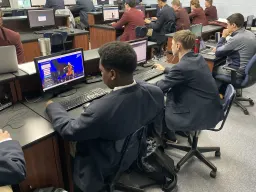


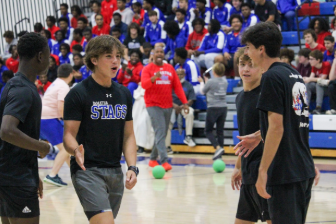
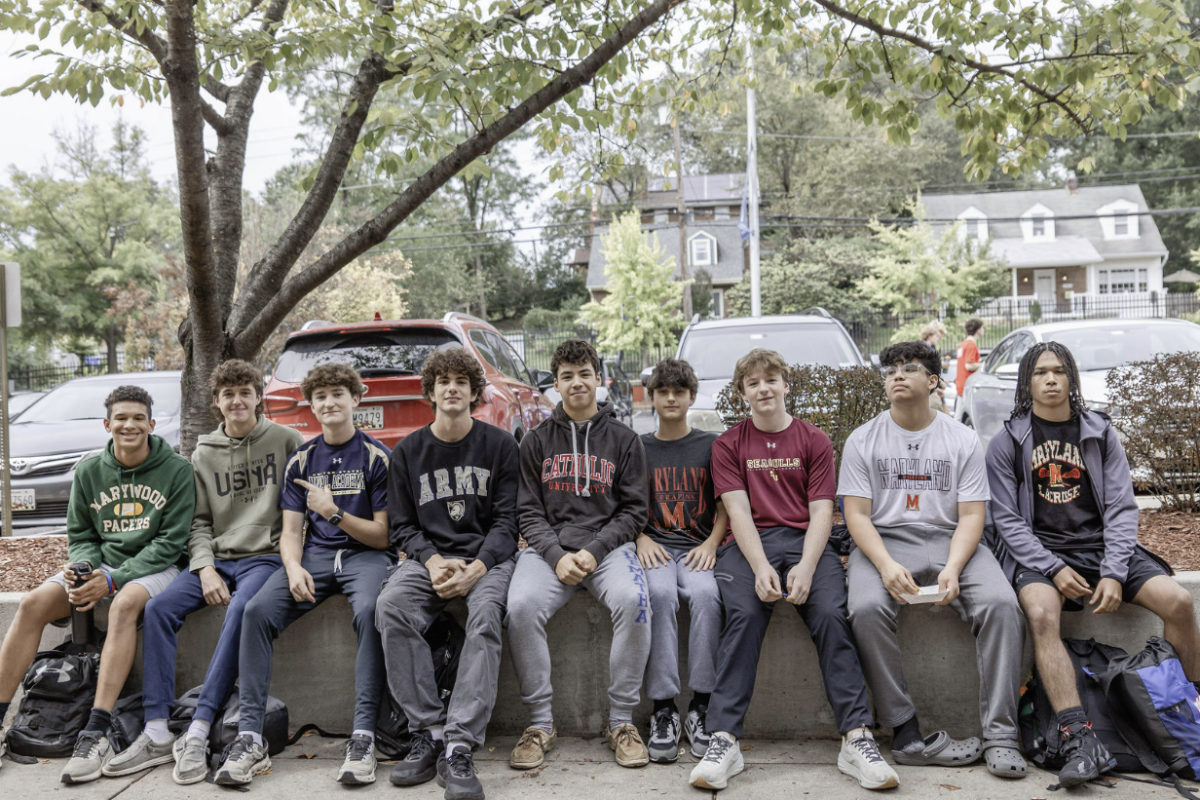


![Washington Catholic Athletic Conference. [WCAC photo library] 2025, October, 18. wcacsports.com.](https://demathastagline.com/wp-content/uploads/2025/10/Screenshot-2025-10-16-8.29.25-AM.png)



